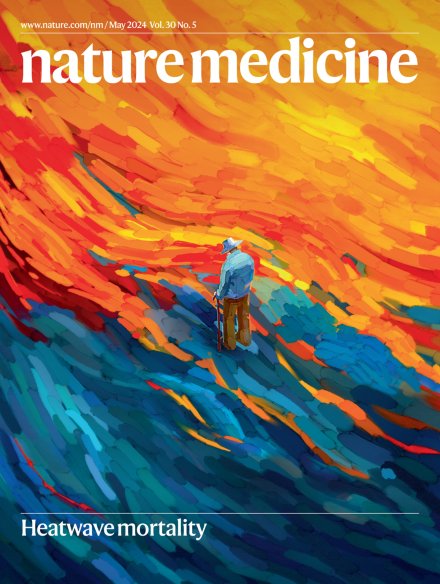
Turning the tide of early cancer detection
Next-generation liquid biopsy technologies that detect fragments of circulating cell-free tumor DNA could be a game-changer in early cancer detection.

Next-generation liquid biopsy technologies that detect fragments of circulating cell-free tumor DNA could be a game-changer in early cancer detection.


Data from a large randomized trial show that a personalized diet can improve cardiometabolic health, providing support for a ‘food as medicine’ concept that, although centuries old, still lacks robust evidence.